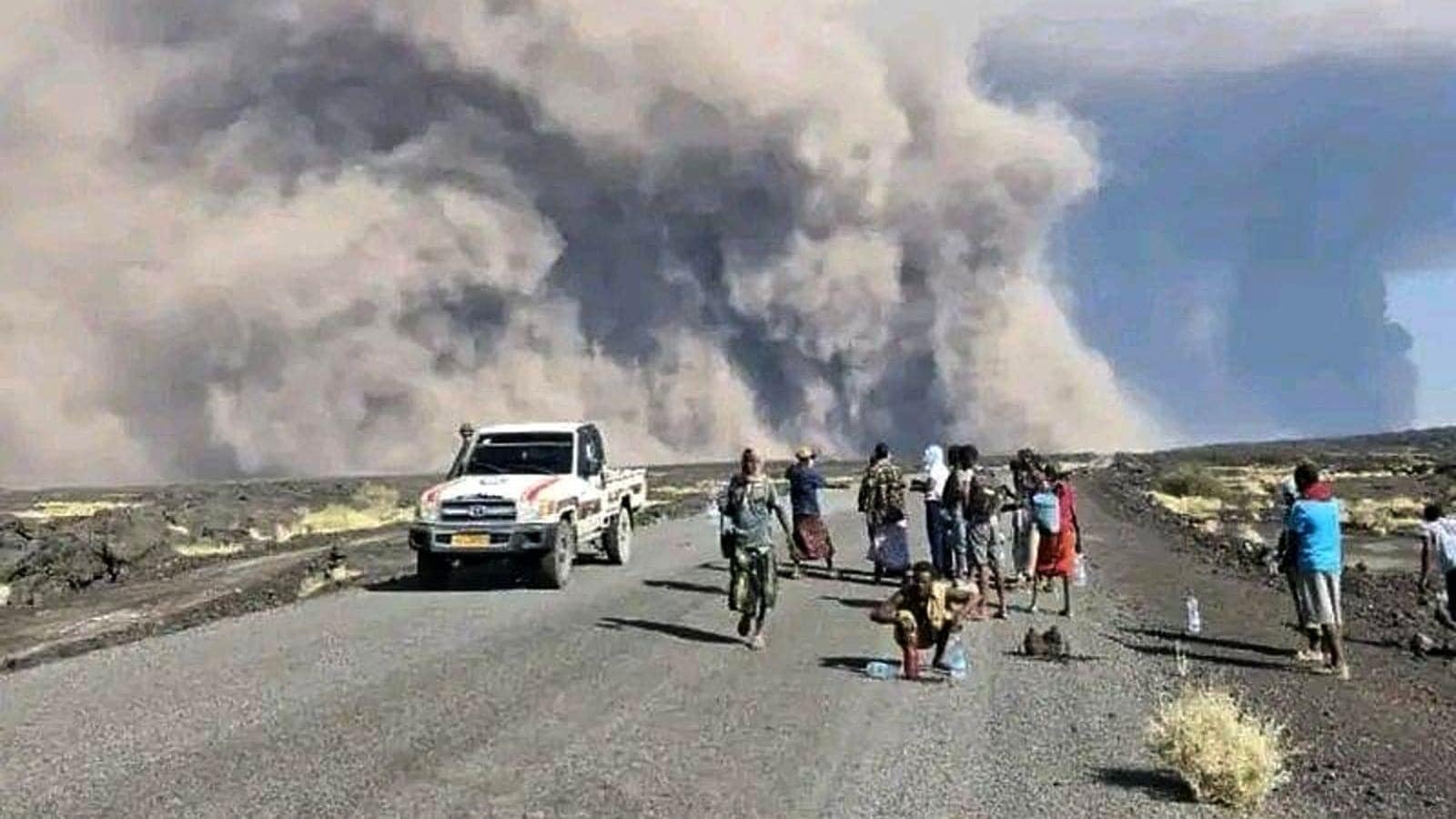By Badri Narayanan, Pankhuri Bansal and Manoj Dora
India has long struggled with inefficiencies and disputes in its land registry system. Shifting to a new blockchain system could radically improve property record management.
Such a shift could save billions of dollars and countless hours of litigation in many legal disputes. Let’s examine how this new system could help India and what role it might play in this transformation.
The Current State of Land Registry in India
India’s existing land registry system is quite complex and faces many challenges. The World Bank’s Ease of Doing Business Index historically ranked India relatively low in the “registering property” category due to the time-consuming and complex processes involved. At press time, India stood at the 154th position in this category.
A major concern is that many land records in India are outdated or incomplete. Some land records are still maintained using old, paper-based methods, though efforts are being made to digitize them. Many farmers can’t use their land as collateral for loans due to a lack of formal titles— so they often turn to informal lenders.
Land titles in India are presumptive, meaning they can be challenged in court. This leads to many land-related disputes. A recent report also showed that property disputes accounted for 66% of all civil cases in Indian courts.
According to Transparency International, India ranked 93 out of 180 countries on the “Corruption Perceptions Index” at the time of writing. A study made by this organization a few years ago pointed out how property registration was one of the top three public services where Indians reported paying bribes.
How Will Blockchain Solve This?
Blockchain could help fix many land record problems as the inherent nature of the technology is such that once the data is recorded, it cannot be altered. This makes it hard to fake or tamper with property records. It’s worth noting that everyone in the network can see and trace all transactions. As a result, it wouldn’t be possible to engage in corruption without leaving a trace.
To top this off, Smart Contracts (like automatic digital agreements) can handle many parts of land deals without needing third-party intervention.
Also read: Land-linked IDs for farmers on the anvil, to ease delivery of sops
Blockchain can also create a single digital system for all land records— bringing uniformity to data and essentially removing the bureaucratic silos. Checking a property’s history and current status would be much simpler. Consequently, this can significantly reduce disputes and fraud.
Some Indian states, like Andhra Pradesh, are already experimenting with blockchain for land records. They’ve collaborated with Zebi (a blockchain company) on a test project. According to the State Government, this has cut land disputes in half and improved the efficiency of land transactions by nearly 30%.
Other countries have done this too, giving India good examples to learn from. Sweden started using blockchain for land in 2016. A study pointed out how this reduced paperwork and fraud and could save Sweden approximately 100 million Euros each year.
When it comes to using blockchain for land records in India, it’s better to choose a platform that combines public and private parts. One good example is the LTO Network. This type of platform is suitable because it can keep sensitive information private while still being secure.
This network is especially useful because it can integrate with existing systems. This would make it easier for India to transition gradually to blockchain solutions. It also lets you create special workflows that can be customized and tailored to India’s specific legal and administrative requirements.
The Future of a Blockchain Registry in India
A blockchain-based land registry system could be a game-changer for India. It would make land records more transparent and trustworthy. Companies like LTO Network are already developing hybrid solutions that could help achieve this. However, switching to this new system would require extensive planning and phased implementation.
New laws and regulations would be needed to give blockchain records a ‘legal standing.’ Getting people to trust and accept this new system might be challenging at first. Despite these hurdles, the potential benefits are huge. As India becomes more digital, using blockchain for land records could be a big step forward in modernizing the country’s systems.
(The authors: Pankhuri Bansal is an expert/advisor at United Nations; Prof Manoj Dora is a professor in Sustainable Production and Consumption, Anglia Ruskin University UK; and Dr Badri Narayanan Gopalakrishnan is the Founder of Infinite Sum Modelling LLC USA. Views expressed are the authors’ own and not necessarily those of financialexpress.com.)









